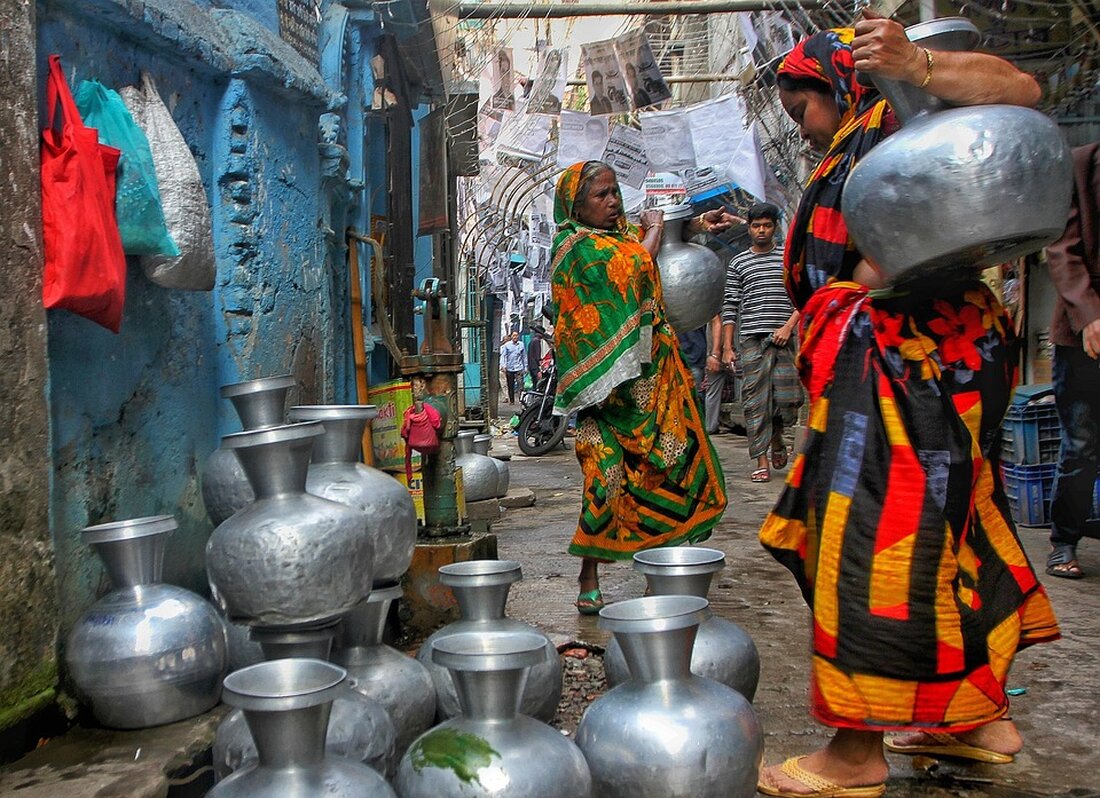Water shortages and mass tourism: Ibiza is on the brink!
Increasing mass tourism in Ibiza is causing water shortages and protests. There are no solutions for sustainable tourism.

Water shortages and mass tourism: Ibiza is on the brink!
Ibiza is increasingly under pressure from mass tourism in August. The unresolved problems associated with the influx of visitors are obvious. More and more tourists heading to the picturesque island are not only overloading the infrastructure, but also leading to serious supply shortages. Although the seawater desalination plants are in full operation, drinking water remains a valuable resource. In the residential complex in Jesús in particular, almost 50 houses were without water for days, which highlights the plight of the infrastructure. In response to the situation, the municipality of Santa Eulària has sent 50 letters to hotels and establishments to alert them to excessive water consumption. According to the established rule, only 250 liters of water may be consumed per person per day.
The municipality has even threatened to reduce the flow of water if consumption remains too high. The problem is that it is extremely difficult to control water consumption in hotels and private households. Many hotels neglect efficient use by watering lawns while at the same time thousands of liters of water seep away due to dilapidated pipes. Another major problem that is exacerbated by mass tourism is the traffic situation in Ibiza. The roads are crowded, especially in August, when dangerous overtaking maneuvers are common.
Policies and promises
Despite the obvious challenges, political promises to limit mass tourism have not yet been implemented. The high number of tourists not only leads to crowded streets, but also to rising prices for the islanders. Ibiza is not alone in these problems; Comparable tourist areas such as Croatia, Venice and Barcelona are also struggling against the negative effects of excessive tourism.
Tourism continues to increase across Europe, particularly in southern Europe. In 2023, over 85 million international tourists visited Spain, and figures so far for 2024 show 42.5 million tourists in the first half of the year. This is leading to protests from locals taking to the streets in cities such as Athens and Barcelona in the face of mass tourism.
Reactions and solutions in other regions
Barcelona plans to eliminate all vacation rentals by 2029 to create more living space for locals. There are also protests in Tenerife because expanding tourism is driving up rental prices and putting a strain on the environment. Venice has been charging a fee of 5 euros for day visitors since April 2024, while in Greece investments amounting to 2 billion euros are being channeled into climate protection and sustainable tourism.
Dubrovnik, Croatia, has already taken measures to limit the number of cruise ships docking and bans vacation rentals in apartment buildings. Copenhagen promotes sustainable tourism initiatives such as “GreenKayak” and “CopenPay”. It turns out that although there are approaches to meeting the challenges of mass tourism, a clear and comprehensive solution is still missing in many places. Ibiza is an example of how the growing pressure from tourist activities can represent both a significant source of income and a significant burden.

 Suche
Suche
 Mein Konto
Mein Konto